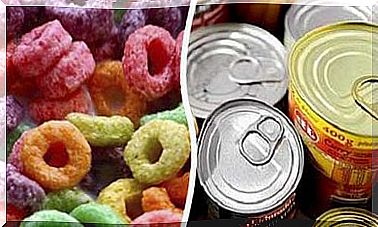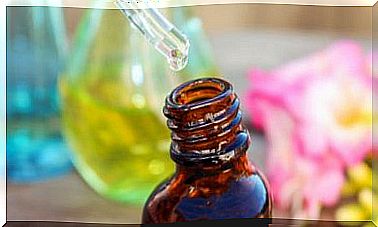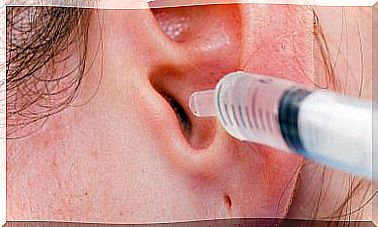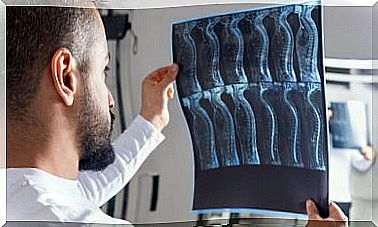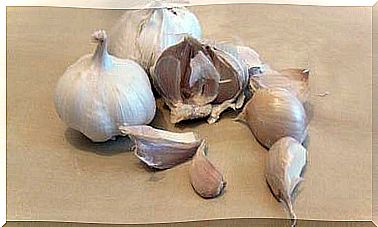Nutritional Keys To Treat Depression
Depression is a common mental disorder. When a person suffers from depression, they may need emotional guidelines to help them overcome this state, behavioral strategies with which to be better able to feel better, and sometimes psychotropic drugs. But what role does our diet play in treating depression?
An interesting observation regarding the diet of depressed people is that their nutrition is far from adequate.
According to research published in 2008 in the Indian Journal of Psychiatry, depressed people make poor food choices and select foods that may actually contribute to depression.
Additionally, recent evidence suggests a link between low serotonin levels and suicide. It is implied that lower levels of this neurotransmitter may, in part, lead to a general insensitivity to future consequences, triggering impulsive and aggressive behaviors that can culminate in suicide, the ultimate act of impulsive self-aggression.
What are the most necessary nutrients to fight depression?
The body needs certain essential nutrients to stay healthy. Thus, we must know that when we suffer from depression, we run the risk of neglecting our diet and thus contracting nutritional deficiencies that can plunge us further into the disease.
Hence, depression is approached in a multidisciplinary way and many times the treatment requires both a psychologist and the help of other experts, such as the nutritionist. It is worth remembering.
Let’s see now what deficiencies the body has when we have a depression. According to the research we have mentioned, the most common nutritional deficiencies observed in patients with mental disorders would be those of the following nutrients:
- Minerals
- Omega-3 fatty acids.
- Vitamins of group B.
- Amino acids that are precursors to neurotransmitters.
What foods should I eat to help treat depression?
Let’s see what type of diet you should follow to treat depression.
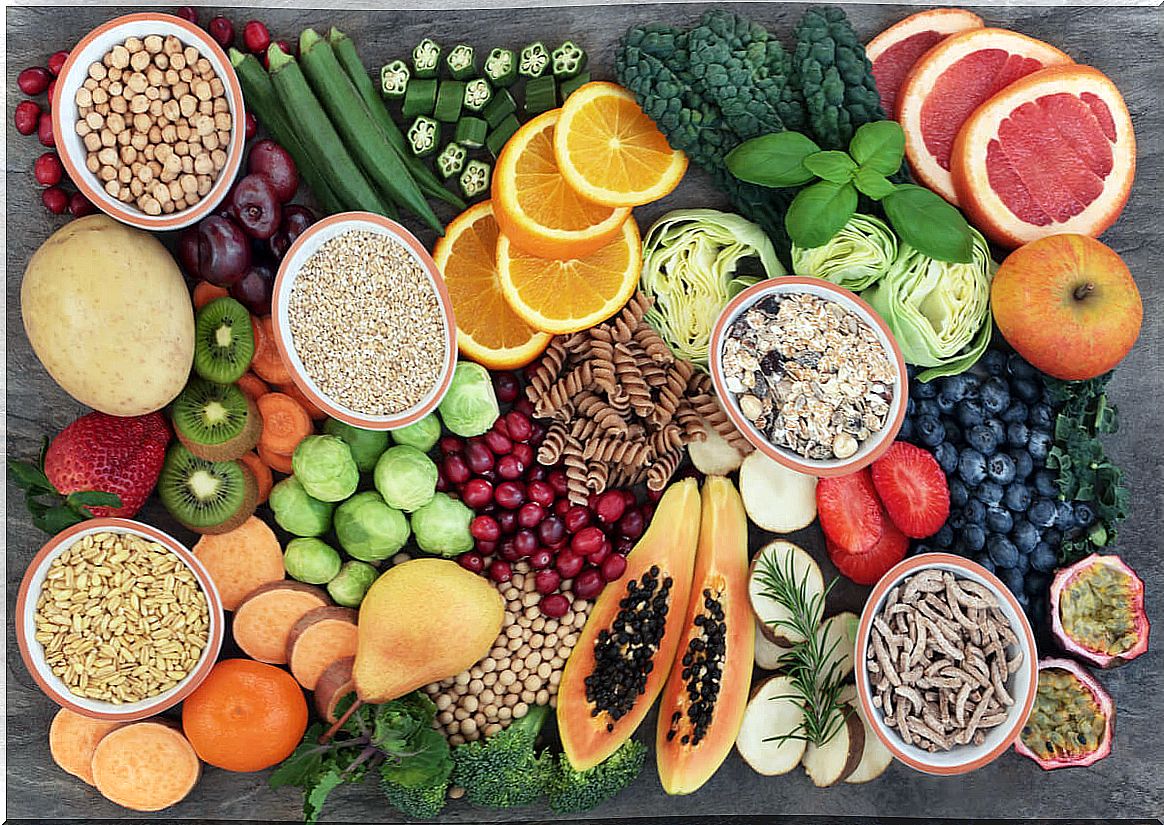
1. Proteins
Eating protein and, in turn, amino acids (which make up protein) can affect brain function and mental health. Many of the neurotransmitters in the brain are made of amino acids.
For example, the neurotransmitter dopamine is made from the amino acid tyrosine and the neurotransmitter serotonin is made from tryptophan. If either of these two amino acids is missing, there will be insufficient synthesis of the respective neurotransmitters, which is associated with low mood and aggression in patients.
Do not neglect them any day. How about we start with a high protein breakfast? A bowl of oatmeal, an egg, and a smoothie can be a good idea.
For example, you can have rich fish, lean meat such as chicken or turkey, dried fruits such as walnuts, beans or lentils, brown rice, quinoa … as you can see, you have many options. But above all, avoid refined flours, refined carbohydrates such as white bread and sweets.
2. Carbohydrates
Carbohydrates play a very important role in the structure and function of an organism. In humans, as mentioned by the research we discussed, they have been seen to affect mood and behavior.
Eating a meal rich in carbohydrates triggers the release of insulin in the body. Insulin helps blood sugar enter cells and also triggers the entry of tryptophan into the brain. As we have said, tryptophan would play an important role in mental health.
Thus, it has been seen that the consumption of low carbohydrate diets tends to precipitate depression. This is because the production of serotonin and tryptophan, which promote feelings of well-being, is triggered by carbohydrate-rich foods.
Discover: Improve your mood by eating fiber
3. Minerals like calcium
In the case of taking antidepressants such as SSRIs (which should always be prescribed by a doctor) we must be attentive to our calcium intake. Apparently, based on the research we discussed, Selective serotonin absorption inhibitors (SSRIs) inhibit the absorption of calcium in the bones. In addition to this, SSRIs can also lower blood pressure in people, resulting in falls that can lead to broken bones.
4. Vitamins of the B complex
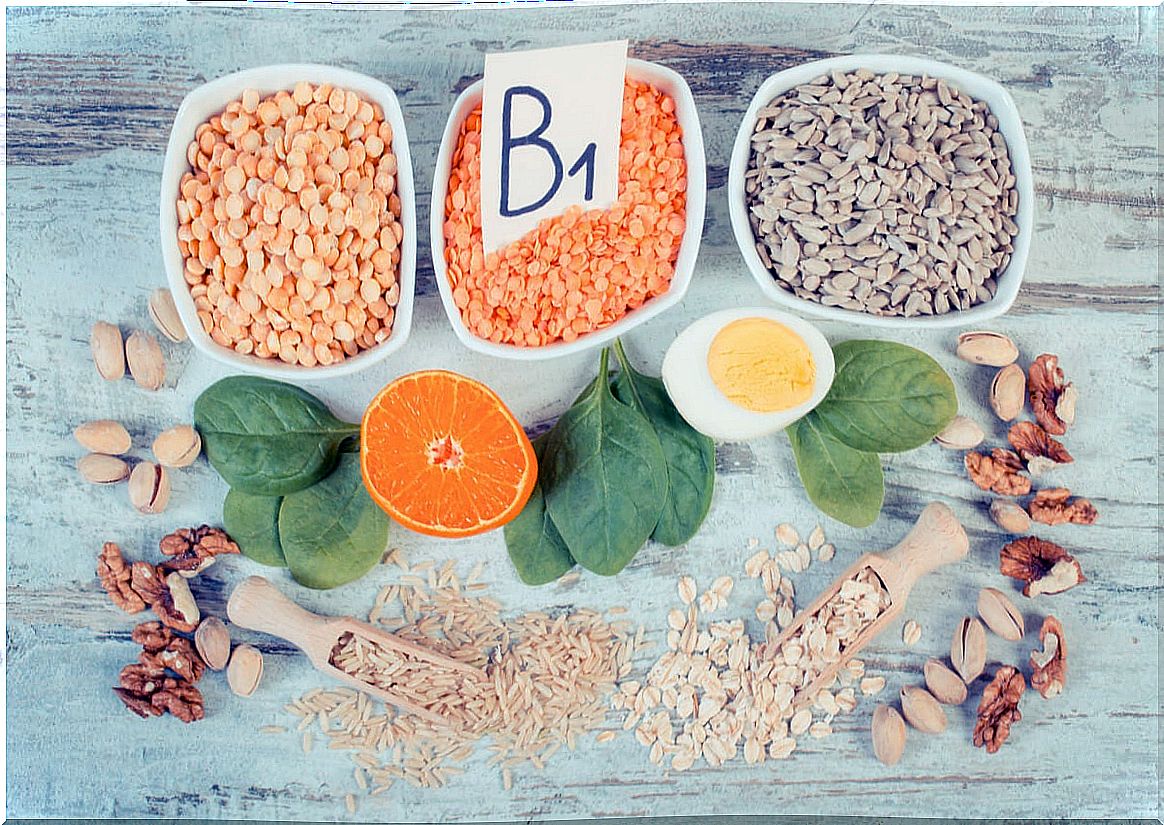
Group B vitamins are essential for the central nervous system, to feel better and to improve mood. They are allies to overcome depression. You can find this vitamin supplement in pharmacies and natural stores.
According to a study published in the journal Neuropsychobiology, l he supplementation of nine vitamins, 10 times the normal recommended daily allowance (RDA) for 1 year, improved mood in both men and women. This improvement in mood was particularly associated with higher intakes of vitamin B2 and B6.
It is true that there are many foods that can provide us with a small amount of these vitamins, such as all green leafy vegetables, but supplements from pharmacies can really be a very useful help. Consult with your doctor.
Maintain healthy habits and proper eating guidelines
Try to always eat at the same times, remembering above all that your breakfast is essential, where you can get the first doses of vitamins and proteins. Drink juices from time to time and skip very sweet foods and sugars.
Do not neglect to eat foods rich in tryptophan and magnesium, as they are foods that will be of great help. The experts also tell us that the consumption of potatoes will also be of great help to us. At dinner, for example, some baked potatoes with a little olive oil will make you feel very good.

In conclusion, to treat depression, a multidisciplinary treatment that relies on psychological, medical and nutritional interventions could be convenient. Above all, you must maintain a good physical, mental and nutritional balance , since there is no single cause for depression.
In addition, it manifests itself in each of these systems. Therefore, watch your diet to improve your physical and emotional health. Either way, it is important that you consult a specialist about all these keys to treating depression.
